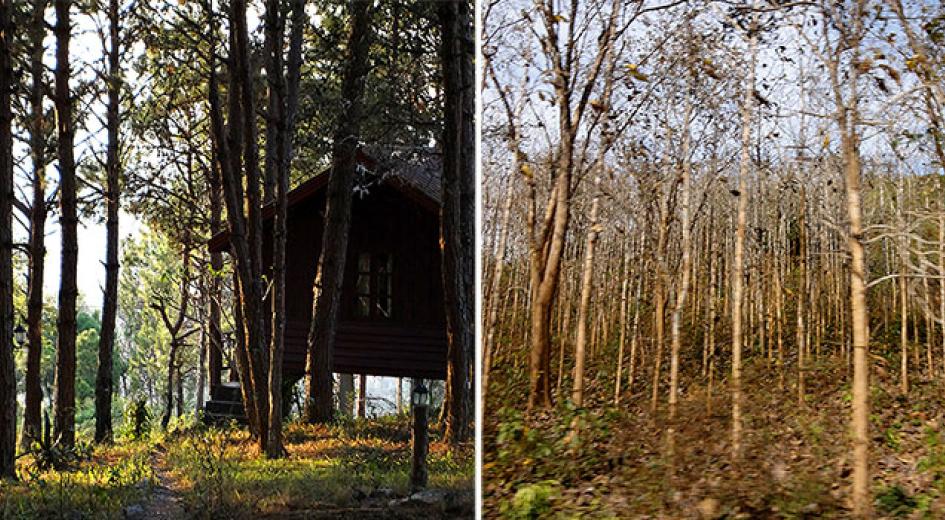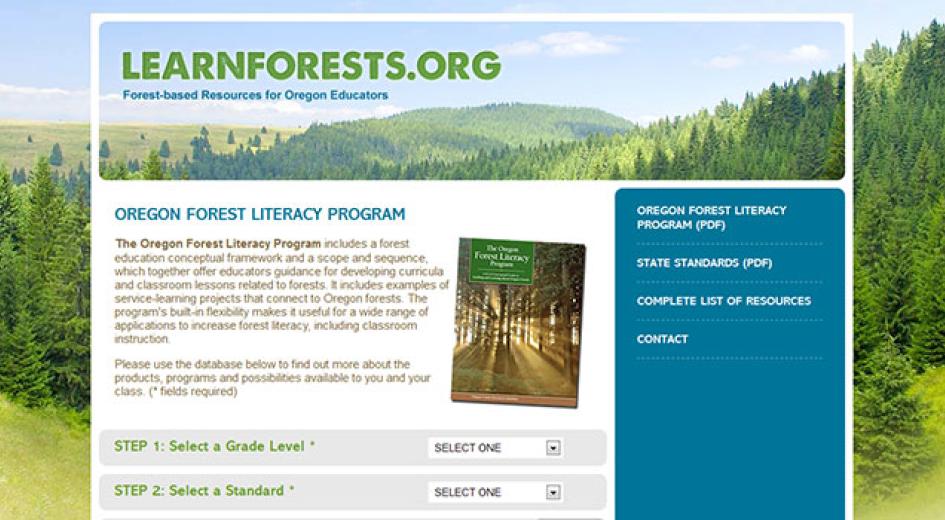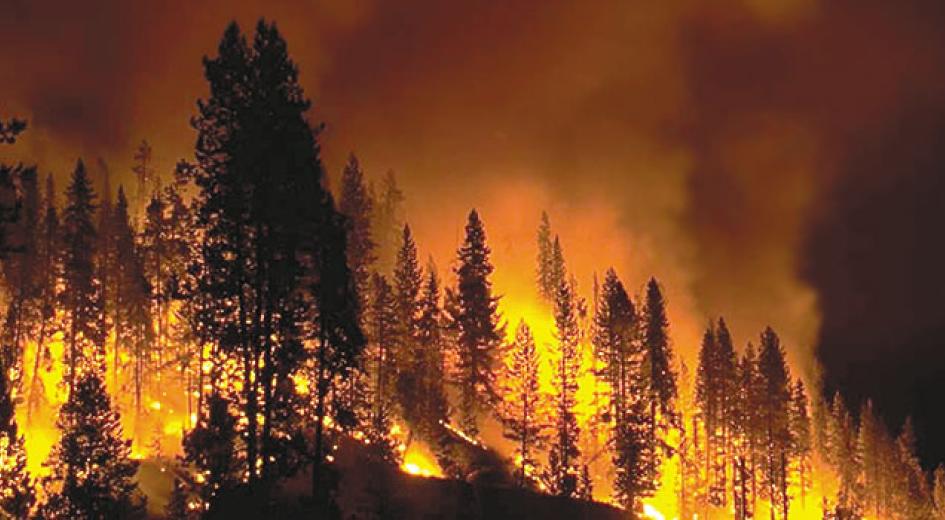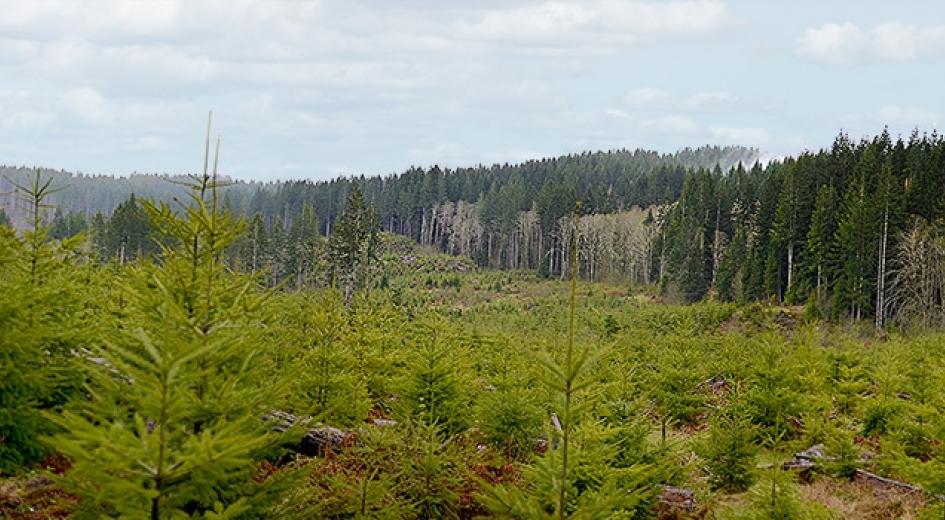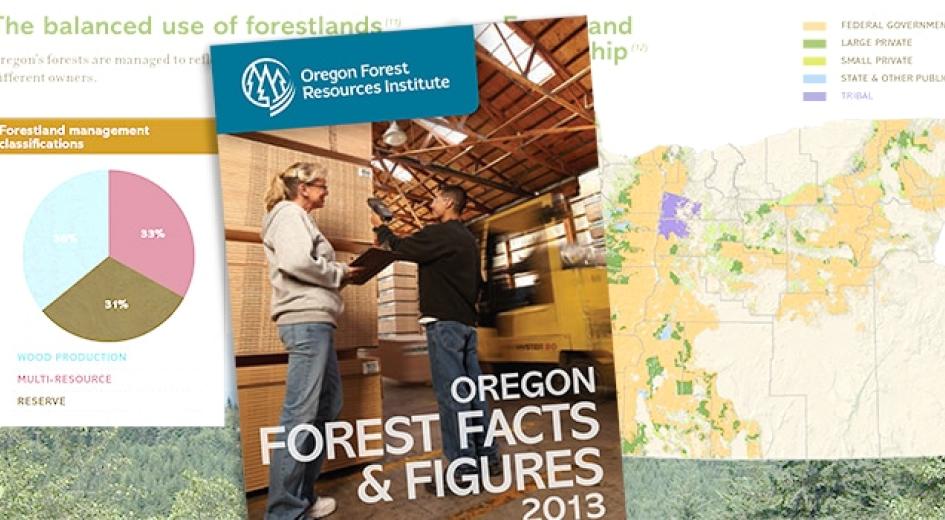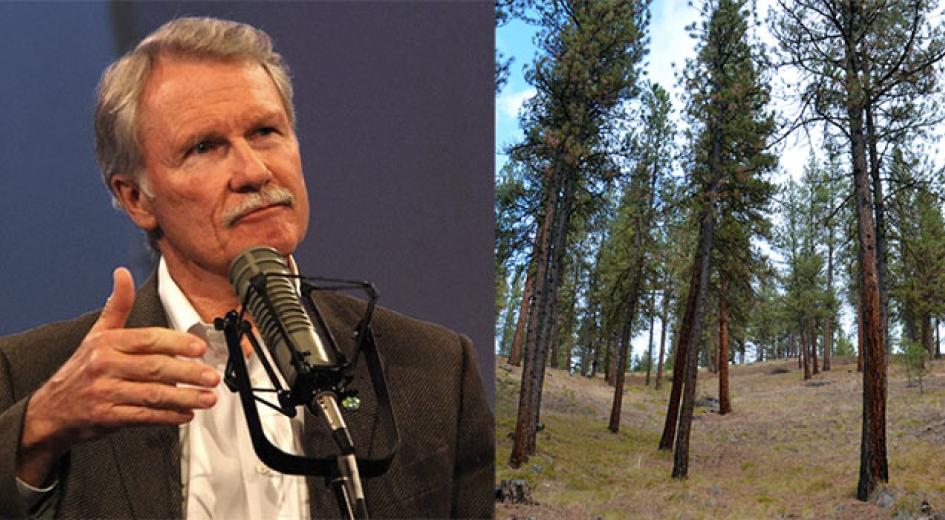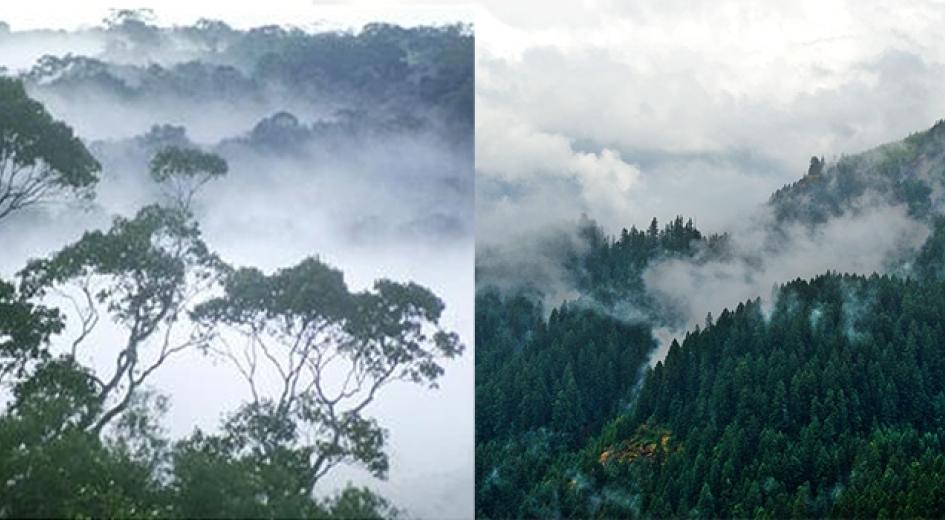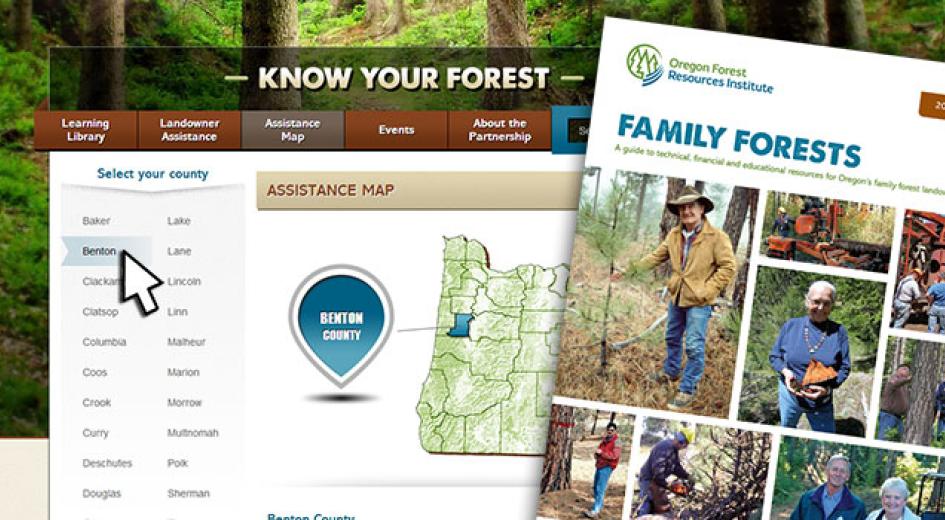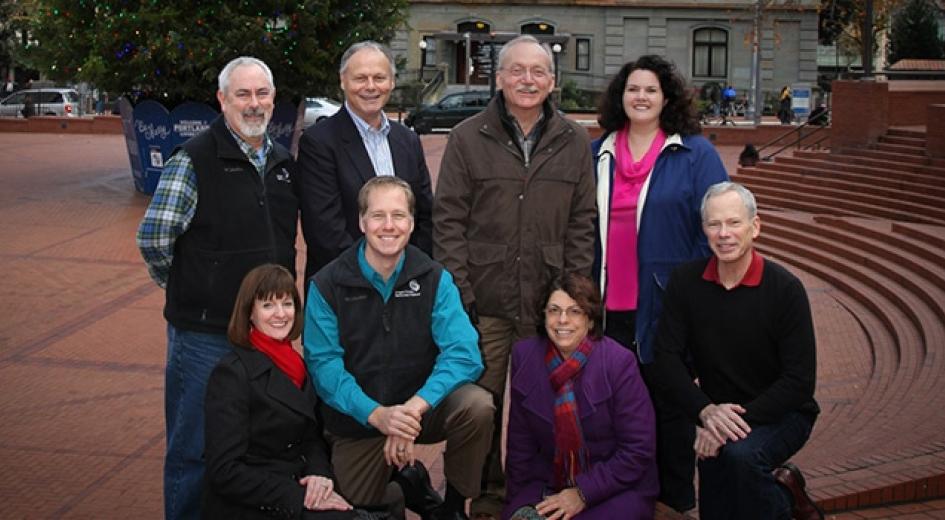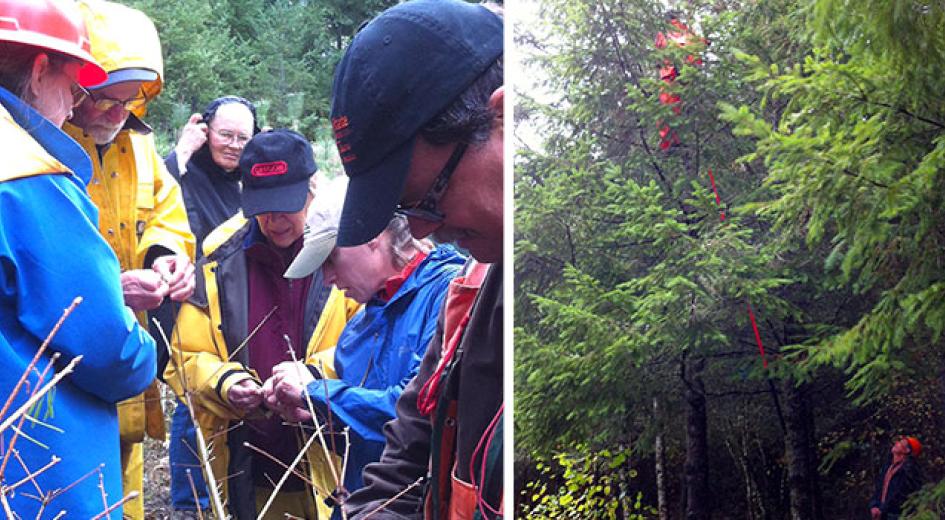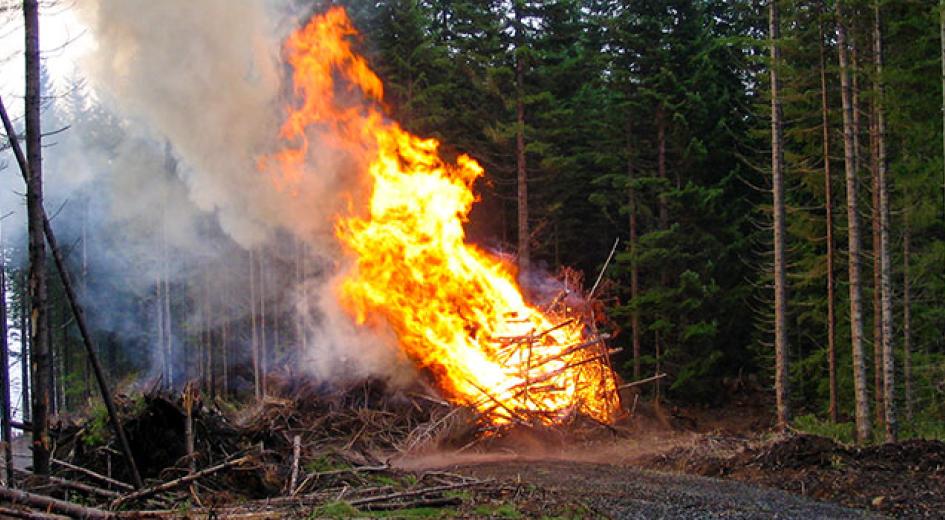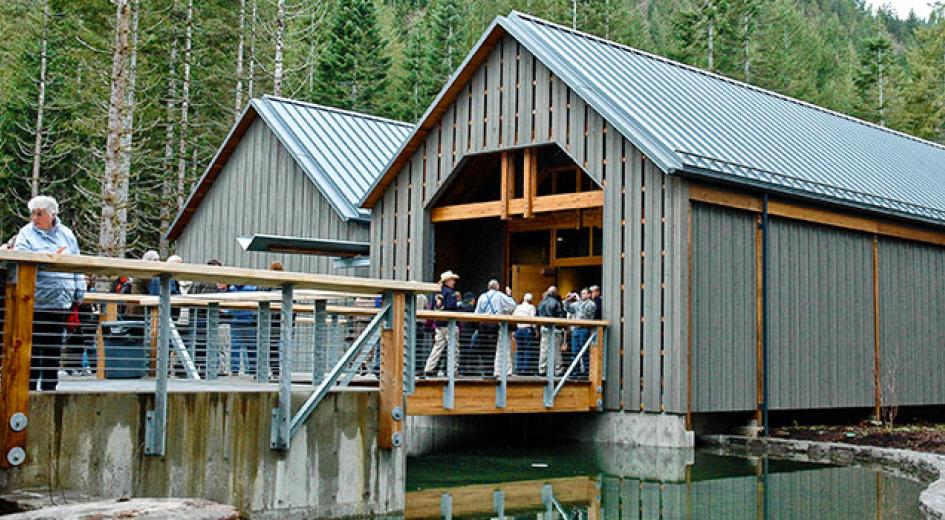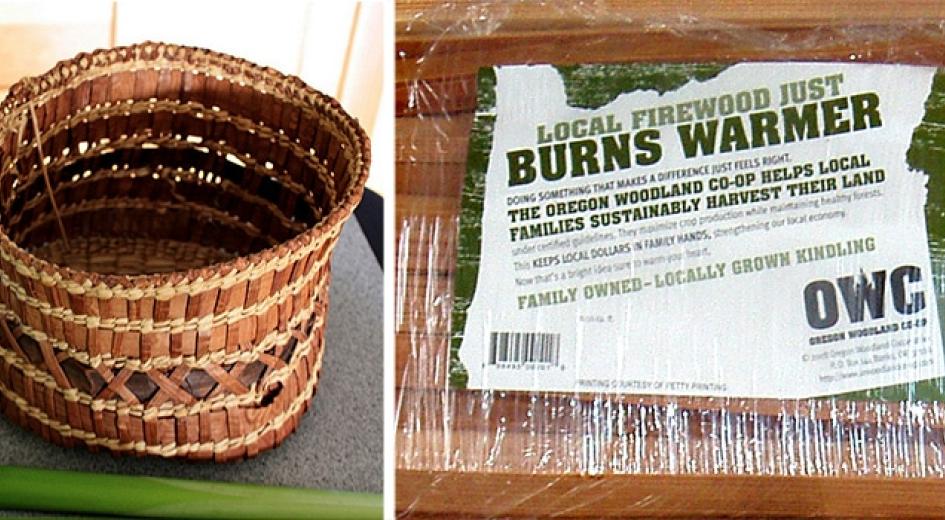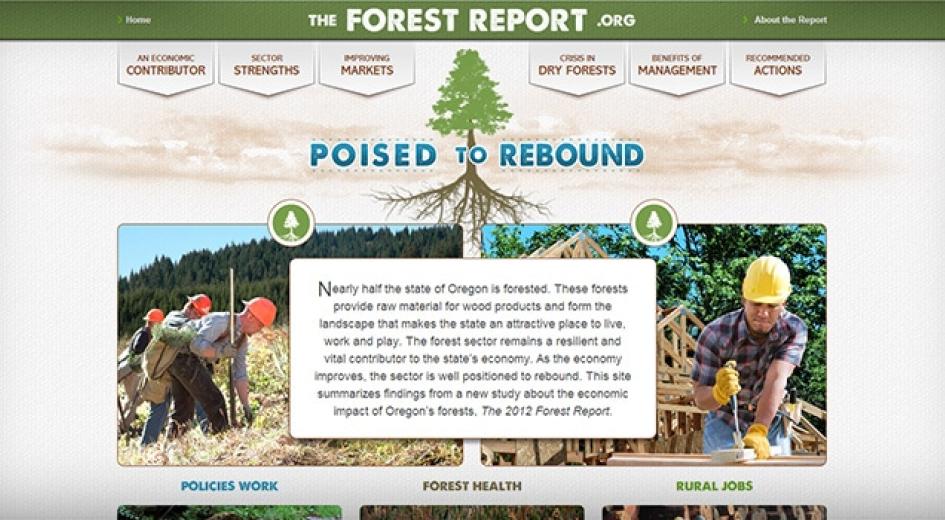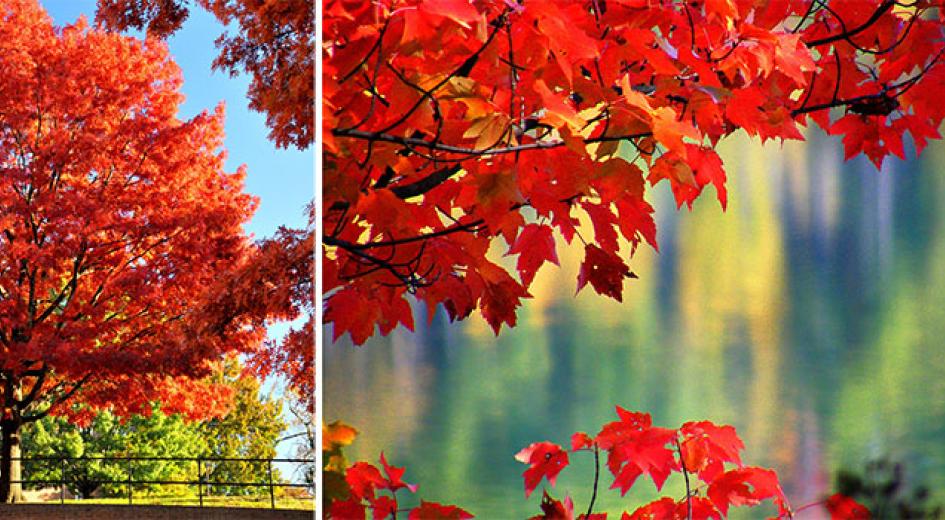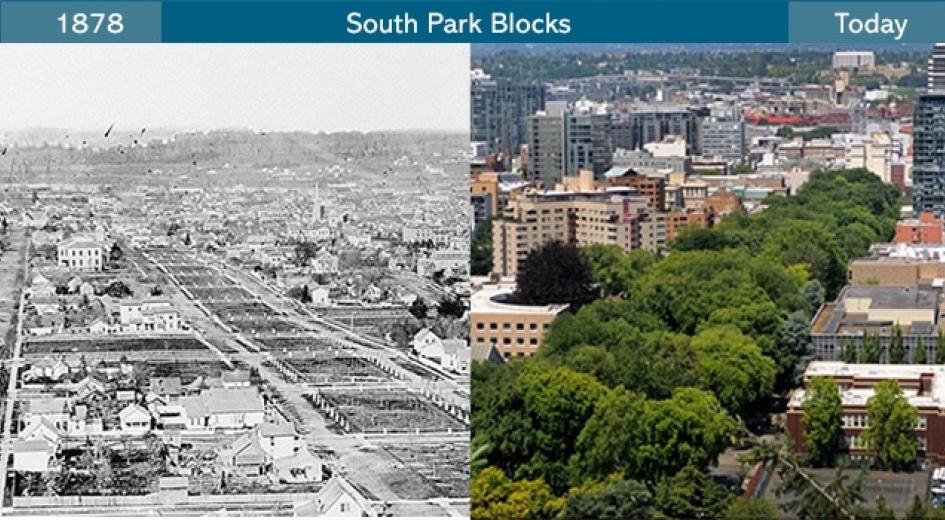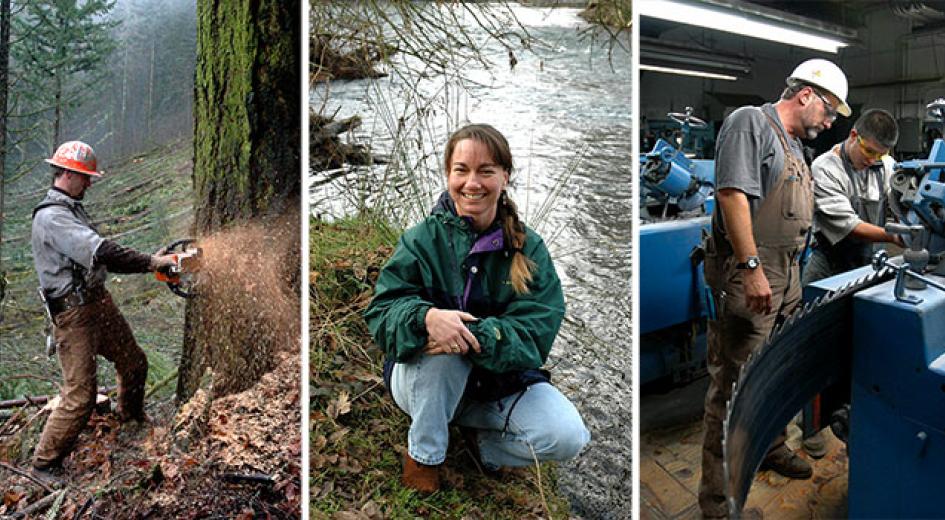LearnForests.org: A fast, easy-to-use resource for teachers
February 26, 2013OFRI’s main website, OregonForests.org, is chock-full of great information for the public at large, but not so great if you are a K-12 teacher looking for forestry education materials to use with students.
Christmas trees: Get real
November 28, 2012The other day I was browsing the Oregon “Agripedia” – it’s 90 pages of agricultural statistics. It’s more interesting than it sounds, really. I learned that Oregon is the No. 1 U.S. producer of peppermint, grass seed, blackberries, hazelnuts, Dungeness cr
Post it our our calendar
November 20, 2012Thanksgiving is this week. Our family, like most families, has plenty of traditions surrounding Thanksgiving. Many of them are food-related – the brining of the turkey, the mashed-potato volcanoes, and the little oddly shaped dish whose only job, it seems
Creatures of the forest, real and imagined
November 06, 2012It’s not unusual to see film crews on the street below the OFRI office in downtown Portland. They often use the Historic U.S. Bank Building as a backdrop. But it was a first for us last week when a crew from the TV series “Grimm” came inside our office to
Ever Eat a Pine Tree?
October 23, 2012Well, I wouldn’t recommend it, but there are a lot more products from forests and trees than just wood. Wild forest goods – also known as non-timber forest products – are booming in Oregon forests, thanks to the work of several groups.
I had the pleasu
I had the pleasu
Forest-sector recovery dependent on markets and timber
October 16, 2012Forest products have long been an economic engine for the state. As a state agency charged with public education about the forest sector, it’s one of OFRI’s core competencies to lead a deep dive into the sector’s strengths, weaknesses and opportunities.
Select and plant trees as summer fades and leaves blaze
October 15, 2012As fall colors blaze, it's a good time to plant trees. That's right. Though spring brings new growth, October and November are optimal months for planting in Oregon. The heat of summer has faded, but the cold of winter is still a month or two away. The so
Some trees never seem to change; others change a lot
October 02, 2012I moved to Portland in the late 1970s and went straight to work in a downtown office building. The Bus Mall, as it was known then, was fairly new. Red brick sidewalks lined the streets where public transportation was routed to give downtown a new focus. I
Jobs in the woods
September 11, 2012Flying back from family visits in Sacramento last week I could see from the airplane a substantial portion of Oregon’s 30.5 million acres of forestland. Not all of it, but quite a lot.
As we flew up I-5, I couldn’t see the invisible borders for timber-
As we flew up I-5, I couldn’t see the invisible borders for timber-


